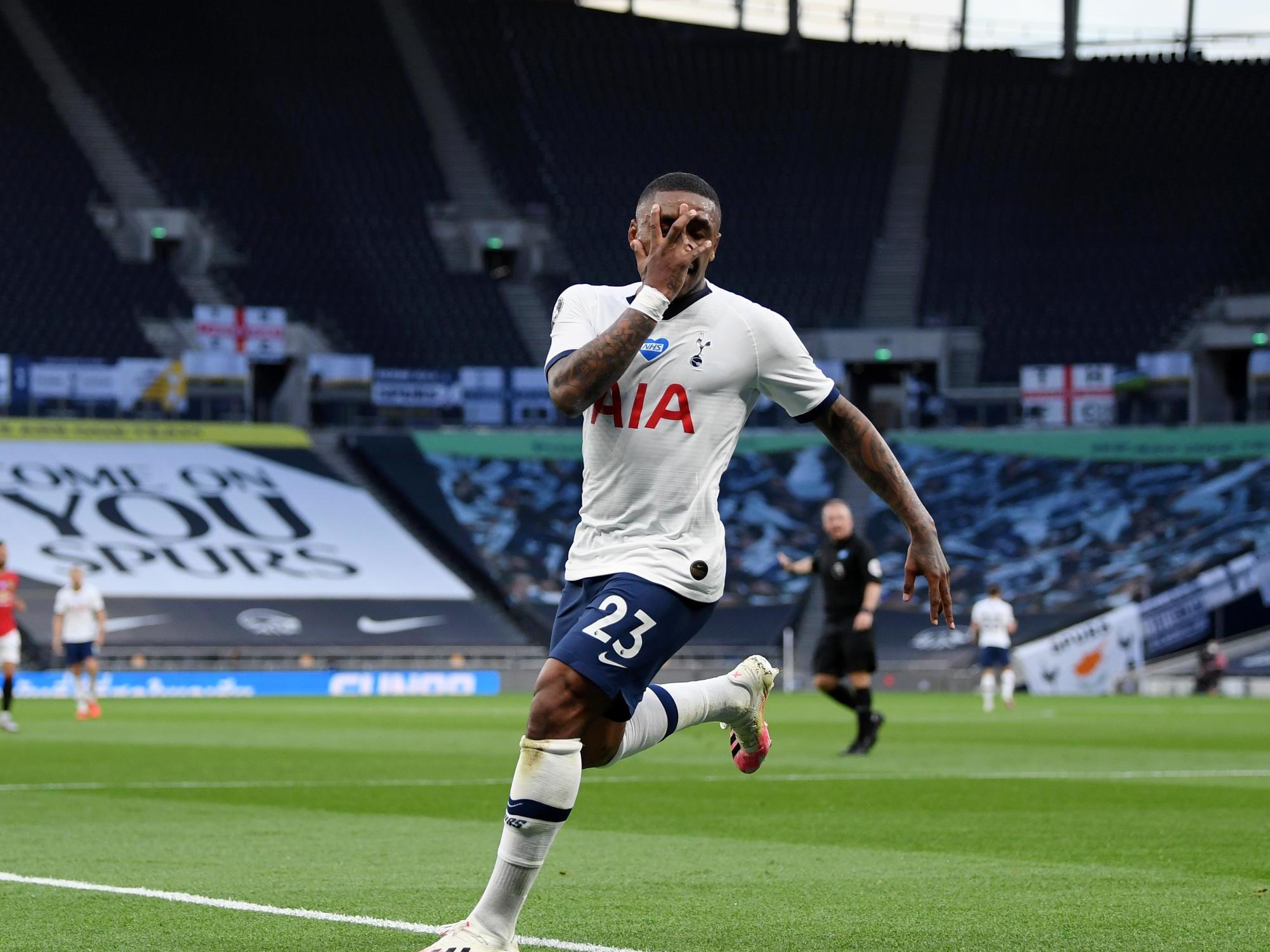I’m lucky to be watching football in person – but no crowd noise does make my job harder
However, thanks to being able to hear the players and managers, you do get a sense of who is looking to drive their team forward or influence the officials, writes Miguel Delaney


The first thing to say as a journalist about “Project Restart” is that it’s a privilege to attend games that are being denied to regular match-going football fans, but that also has quite a profound effect on how we work.
When you’re reporting on a match live, it’s natural to spend as much of the second half with your eyes on the laptop screen as the pitch. It’s kind of an instinct you hone, even if a common discussion among football journalists is about what great moments you’ve actually missed because you were writing at the time.
The noise of the crowd, however, is generally your cue to look up. As well as enriching and making an occasion, the supporters soundtrack it, almost like a film score.
The absence of that is the main element that struck me about covering Tottenham Hotspur’s draw with Manchester United on Friday. I found I just had to be more aware of what was happening on the pitch. It probably did make it that bit more difficult to try to wrap up the action in words, especially as a potentially game-changing moment was happening with Bruno Fernandes’s penalty claim in stoppage time.
It was one moment I was certainly grateful for VAR. It gave me time to gather my thoughts for whatever the eventual outcome was, while also allowing me to see it.
The absence of a crowd also ensured simply going to such a game was just odd. It was surreal to be walking to the stadium through empty roads from White Hart Lane train station. I was actually expecting a few supporters to have gathered, but the only people there were just queueing for a takeaway, as if it was a standard evening – and not the setting for what was going to be one of the most watched sporting fixtures on the planet.
It is from the corner where that takeaway is that you can see the huge screen on the side of the stadium, which was advertising this fixture in the most bombastic colours, complete with swooshing graphics. It just felt so out of synch with the subdued setting – not to mention the fact there was barely anyone around to see this sign. It did feel like a gag from The Simpsons.
From there, we weren’t allowed into the usual media room, but instead went straight up the stairs into a sterilised and empty concourse, and out to our press-box seats. The concourse was actually perhaps the oddest part, where the strangeness struck you. This was like a Stanley Kubrick shot.
In the press box, we were all of course at least two metres away from each other, and well spread out. That initially meant an elongated row of reporters taking the same novel selfie: them with the mask on, in front of an empty stadium. Let’s be fair, we were all doing it.
There were actually some working advantages to the circumstances. Beyond being able to hear what the managers say – of which much has been made – you could get a much better sense of the in-game dynamic between teams: who has authority, who runs things. Scott McTominay spent a lot of time trying to influence the officials. Harry Winks – signalled by the constant shouts of “Winksy” – seems to be at the centre of everything for Spurs.
It did offer genuine insight in that regard, and that’s something that will no doubt give fuller pictures over the next few weeks.
One of the biggest changes, however, was with post-game media. You really may as well have been at home, as some journalists were. The home club provides media with a link to the press conferences on Zoom. Since there is only space at the games for one journalist per publication, some reporters not present were tasked with covering the manager quotes. It did actually make sense, since we were supposed to be out of the stadium around an hour after the final whistle, and that’s just about when Jose Mourinho was ready to speak.
It did, of course, lead to the inevitable: Ole Gunnar Solskjaer – the Manchester United manager, and one of the most decorated players in history – telling a journalist he had to unmute his mic.
“No, yeah… you’ve got to press… yep, can hear you now.”
Another bit of everyday normality amid the abnormal circumstances – which sums up the whole event.
Yours,
Miguel Delaney
Chief football writer
Join our commenting forum
Join thought-provoking conversations, follow other Independent readers and see their replies
Comments